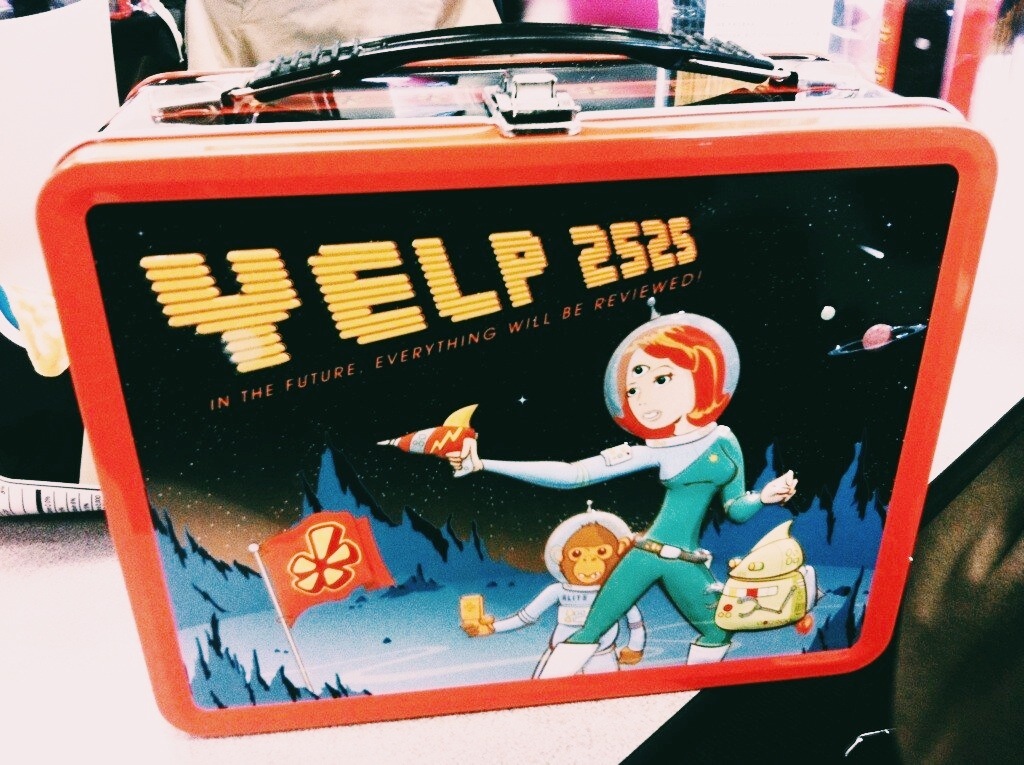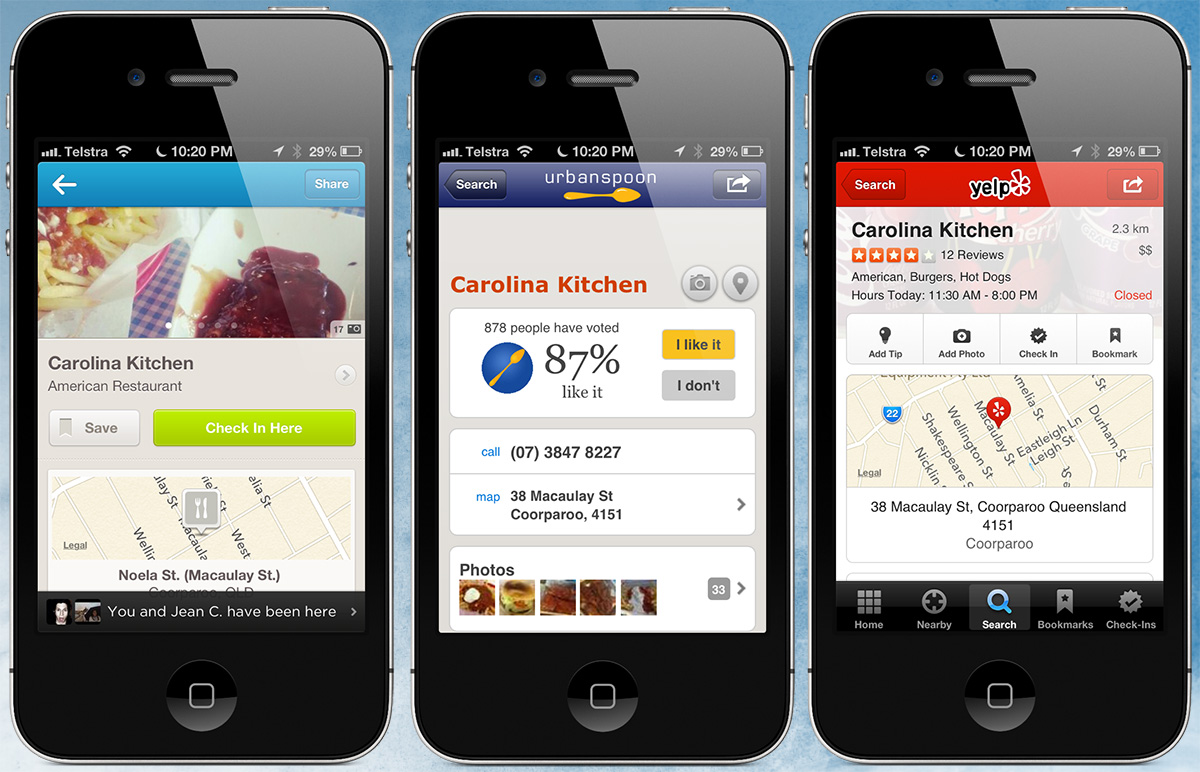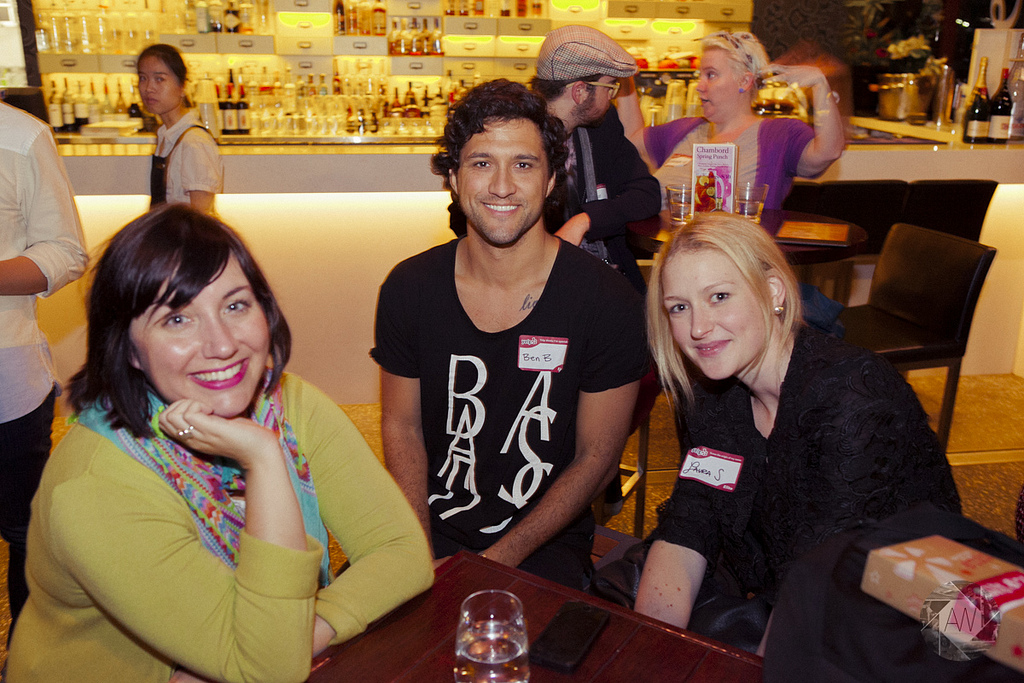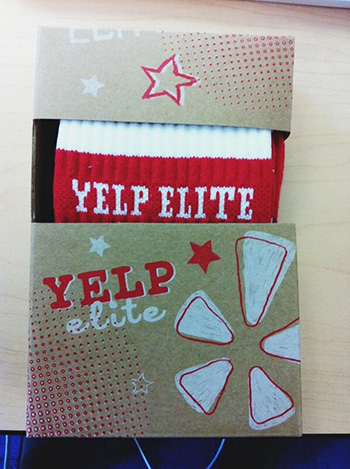
Image courtesy of twitter.com/YelpBNE
In Australia, there’s a relatively small pocket of location review apps worth giving a damn about. If you asked me eighteen months ago to name them, I would’ve said UrbanSpoon, Foursquare and maybe Google Maps. Recently, an app has out-shone all of them for informed opinion & reviews in Brisbane.
It’s Yelp.
You read that right; Yelp in Australia.
That’s actually a fairly controversial statement. Lots of people I know don’t regard Yelp’s efforts in Australia to be aggressive enough. Their pool of data is too limited. Their choice to disable reviews via mobile is archaic.
I happen to disagree. I think Yelp is playing a very different game than the other players in this space, and I think they’re doing it very well.
Look at a Yelp review; what do you see? Smart people. Funny people. People who truly know their shit. Yet, they launched much later in Australia than everyone else. How in the hell did they pull that off?
Well, there’s a story in that.

Less, but better
Let’s take a look at a typical Brisbane sample. This is Carolina Kitchen, a fairly small American-style diner not too far from where I live. The food is typically pretty good, but they definitely have their off-nights too. With that in mind, what kind of results do we get?
Well, it’s a classic Goldilocks situation: Foursquare has tiny tidbits of info, but it’s all too short. UrbanSpoon has way too much information to process, and covers the gamut from lengthy tirades to the succinct but unhelpful “WHAT HE SAID.”
Yelp is somewhere in the middle; it has denser info than Foursquare, but less digital cruft than UrbanSpoon. The reviews are also much more readable, insightful & useful. I urge you to go read them for yourselves.
This is a pretty typical result when I analyse Brisbane locations through these services. So I started asking myself; how exactly does Yelp get it’s users to write better reviews?
Well, turns out it’s the same way you get almost anyone to do almost anything. You incentivize them!

Yelp’s Ground Game
Yelp launched in Brisbane around a year ago. They launch within a city in quite a unique way; by appointing a local Community Manager who works full-time on developing the scene in that city. That task boils down to working hard at a few main things:
- Regularly talking to local businesses
- Writing lots of reviews
- Finding new up-and-coming places
- Organising events and parties
Right now, there are 5 Australian Yelp community managers. They’re based in Sydney, Melbourne, Brisbane, Adelaide & Perth. They all do pretty much the same thing in their own city, but techniques vary depending on what’s big in their area.
It’s pretty neat to be Yelp Elite

These community managers also work on developing an active cluster of power users within their locale. These reviewers are known as Elites, and denoted with a special badge next to their Yelp profile. Being Elite is no small achievement though, you have to use your real name (& picture), but you mainly have to write a series of interesting, informative or otherwise helpful reviews on Yelp. Also, becoming Elite is only valid for a year; after that, it’s on the CM (correction: it’s Yelp HQ) to keep you on, or ditch you.
The real power of being an Elite on Yelp comes from the offline access. At it’s core, the Yelp community in Brisbane is a local, socially-active group of foodies who love to get out and meet up in person. The Yelp CM organises get-togethers, parties & special events primarily for Elite users. I spoke with a Brisbane-based Elite member who went to the Yelp outing at the Southside Tea Room (that’s The Grates cafe/bar) back in November 2012.
He reiterated that it was all about the offline meetups. His told me that the meetups varied from intimate to large, and typically worked on a first-come-first-served basis for the elite members, though there are also events where just about anyone can come along. He also emphatically told me that Lani, the Brisbane CM is really good at her job. She organises great events, he stated, but she also has an uncanny knack for finding amazing hidden gems in Brisbane, as well surfacing the best new venues in town.
This wasn’t the first time I’d heard this, actually.
So, at the end of the day, it seems to be quid pro quo. The Elite users get access to great events, a regular social calendar & new up-and-coming venues. In return, Yelp adds high-quality reviews and insight into their location database. This approach is unlike any other review site in Australia, and it seems to be working well for them.
There’s also one other thing that I believe Yelp does to keep the quality of the reviews to a higher standard; they do not allow people to post reviews via mobile.
Don’t 1-star in anger
This is a fairly controversial part of Yelp’s approach to mobile, and I’d like to attempt to explain why I think not allowing reviews via mobile is generally A Good Idea.
Let’s imagine you had a shitty experience at a restaurant; the service was decent, the venue was pretty, but the food was awful. You immediately whip out your smartphone of choice, and blast away a 1-star “I HATE THIS PLACE IT RUINED MY LIFE” in your review app of choice.
Who does that really benefit?
The person reading your review doesn’t really learn anything new; they can’t tell if the place is bad, or you’re just an asshole. It certainly doesn’t help the local business. And it doesn’t help a service like Yelp, because it fills up their data coffers with junky vapid angry-person reviews.
By requiring an actual keyboard, they’ve make a conscious choice that you can only review a place once you’ve had some distance (& presumably time) between the place and your review. Maybe then, instead of writing “TERRIBLE” or “I H8 YOU ALL”, you’ll write “well, the food wasn’t the best, but the wait staff was a nice, affable chap, and the decor was great.”
Yelp has twigged to the fact that there’s a difference between a review of a bad place, and a bad review. I’d be willing to bet good money most bad reviews come from an angry person with a smartphone. They’re angrily bashing out their displeasure at the amount of garlic in their garlic aioli at the table whilst ignoring their friends or loved ones.
You really want to read their review?

Trapped, send Yelp
By this point, it might sound like I’ve well and truly drank the Yelp Kool-Aid; I haven’t entirely. I think there’s a point at which if Yelp keeps growing locally it will risk losing some of the local-secret character that made it so appealing to many in the first place.
I also think that the class-system of Elite vs. Normies system within Yelp also creates imbalances—sometimes you read a review and wonder “did they just write that because they believe it, or because they’re fishing for Elite status?” I’ve had few other people express to me that they’re ‘working on it’, which is kind of a worrying sentiment to carry around.
At the end of the day though, I’m just some Johnny Everyman looking for a nice place to eat. In Foursquare, I get a vague, ill-defined shape of a hundred nearby places. In UrbanSpoon, I get a unfiltered firehose of maniacs sent through an app smited by a particularly ugly stick. Yelp’s tailored, somewhat classy approach has been consistently giving me the best info in Brisbane for a little while now. Whatever form of digital-feudalism they need to employ in order to pull that off, I’m pretty much a-OK with it.
Seriously though, what I have to review in this town to get hooked-up Elite? I will throw words down, yo.